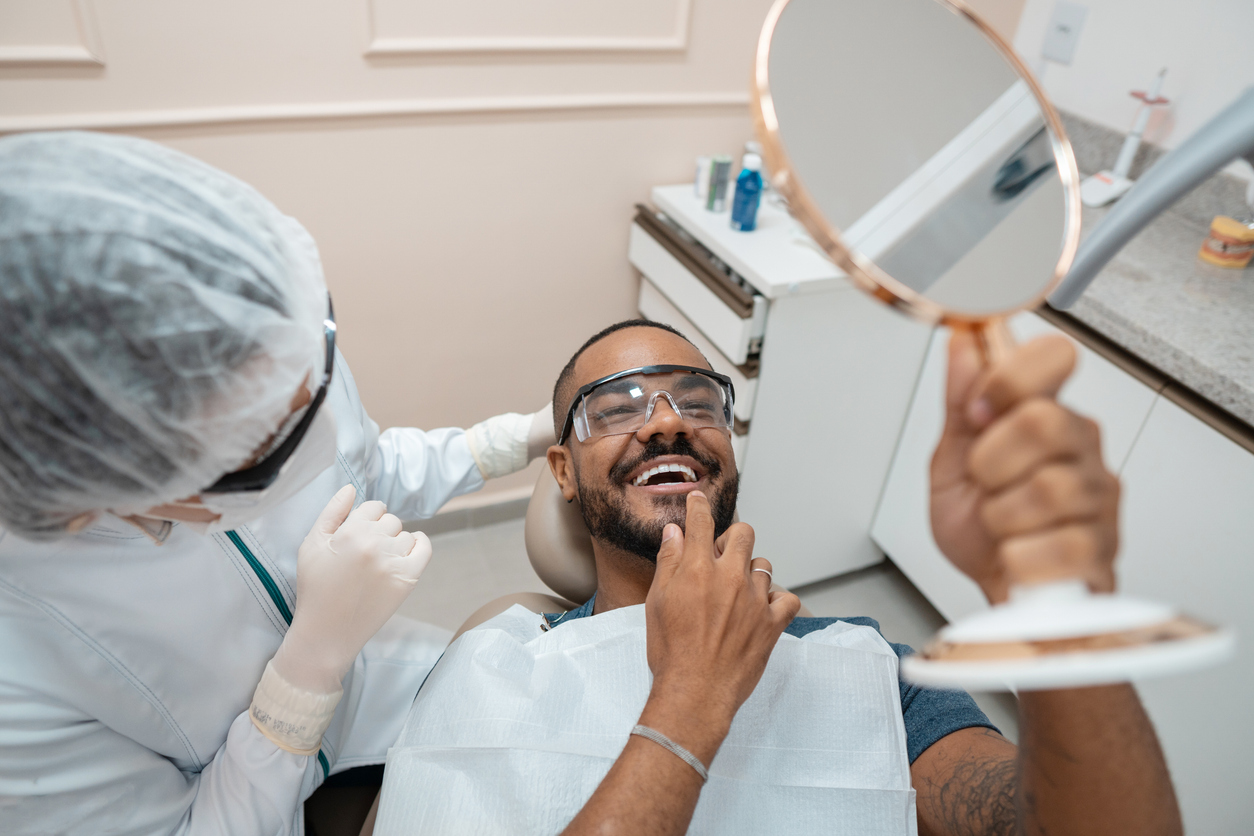You may be on top of brushing your teeth and looking after them, but do you pay the same kind of attention to your gums? Many patients make the mistake of ignoring them, and if left untreated it can become a lot worse. Gums offer vital support to your teeth and are essential to your overall oral health.
If you’ve been having problems with your gums, it’s a sign that something’s not right and that you haven’t been caring for them properly. Bleeding gums in particular should be treated seriously. We’re going to talk about what this problem is and what to do about it if you’re experiencing it.
Bleeding Gums
Bleeding gums are not normal, and it should cause you to take appropriate action. Unfortunately, it’s a relatively common problem so you shouldn’t panic if you experience it. It is a sign of gum disease and should be looked at by your dentist and if necessary a Phoenix Periodontist such as Dr. Trujillo.
If you aren’t yet experiencing bleeding gums but you want to make sure that you never do, brushing twice a day and flossing daily, as well as attending regular dental checkups, will help with that. Don’t miss your checkups or skip dental appointments because it’ll make problems like this more likely.
The Causes of Bleeding Gums
The most common cause of bleeding gums is plaque that builds up along the gumline. This carries millions of bacteria and can develop into gingivitis. This is a mild gum disease that leads to more serious forms of gum disease when it goes untreated. That’s why getting treatment is so crucial if you experience bleeding gums.
Other things might cause gum disease, such as vitamin K deficiency, diabetes, dry mouth, or taking blood thinners for example. But the most common thing that causes bleeding gums is the plaque which can be prevented with good oral hygiene.
Some Treatments Used to Stop Bleeding Gums
Many things can help treat and prevent bleeding gums. First and foremost, you should make sure that you brush often. It can help to brush with a specific type of anti-gingivitis toothpaste. Flossing daily will also help so be sure to do this.
Smoking damages your gums, so if you’re already having problems with them, you should definitely see if you can stop smoking and cut out tobacco entirely. It’ll also help if you maintain a healthy lifestyle, reduce stress, and eat a balanced diet. And above all else, come see Dr. Trujillo and get professional support when you need it.
Schedule An Appointment Today
If you’re unsure about what to do about this problem and you want to make sure that the right approach is taken, simply get in touch and arrange an appointment. We’ll be more than happy to discuss the problem with you and schedule an appointment where you can be assessed and have treatment provided.








